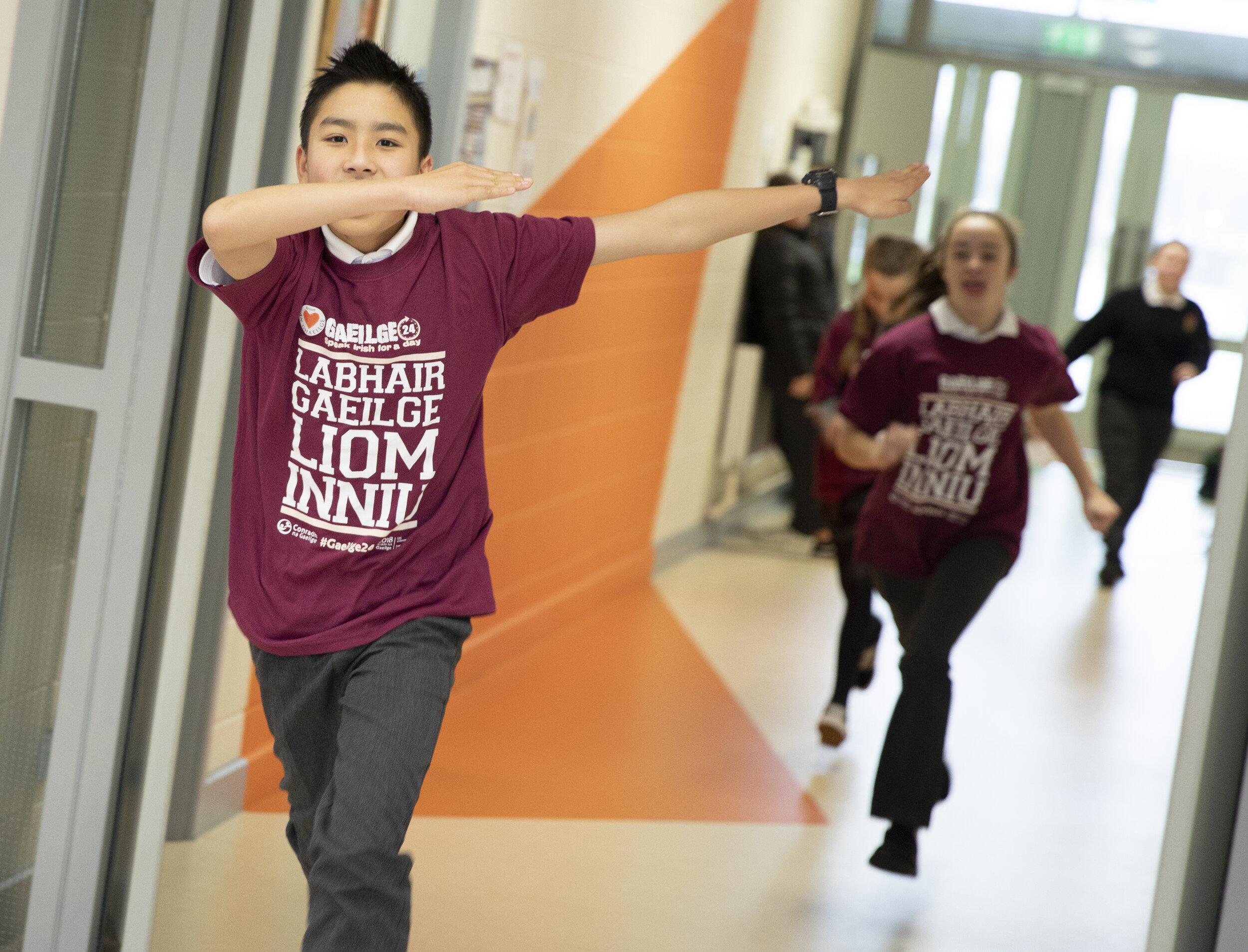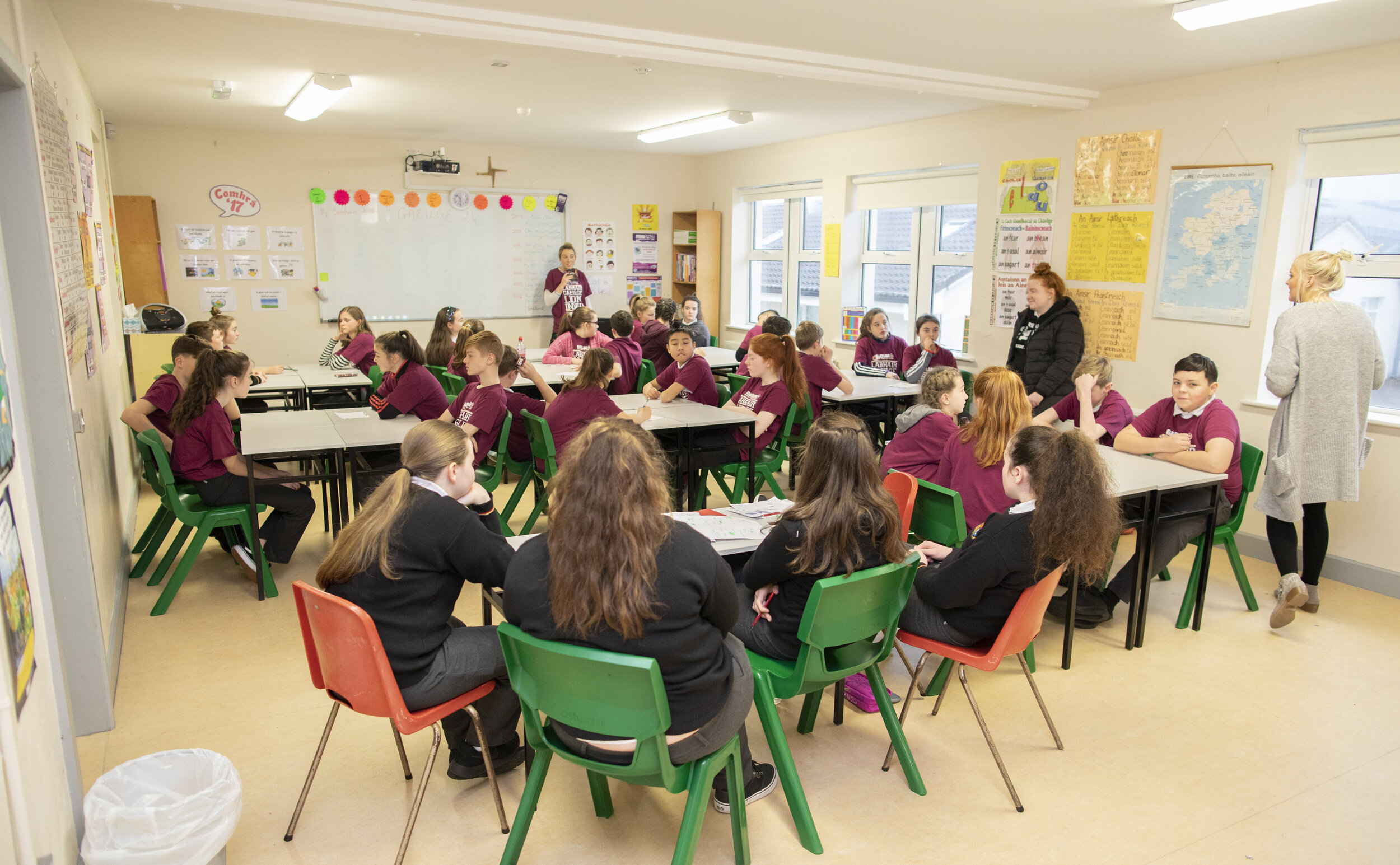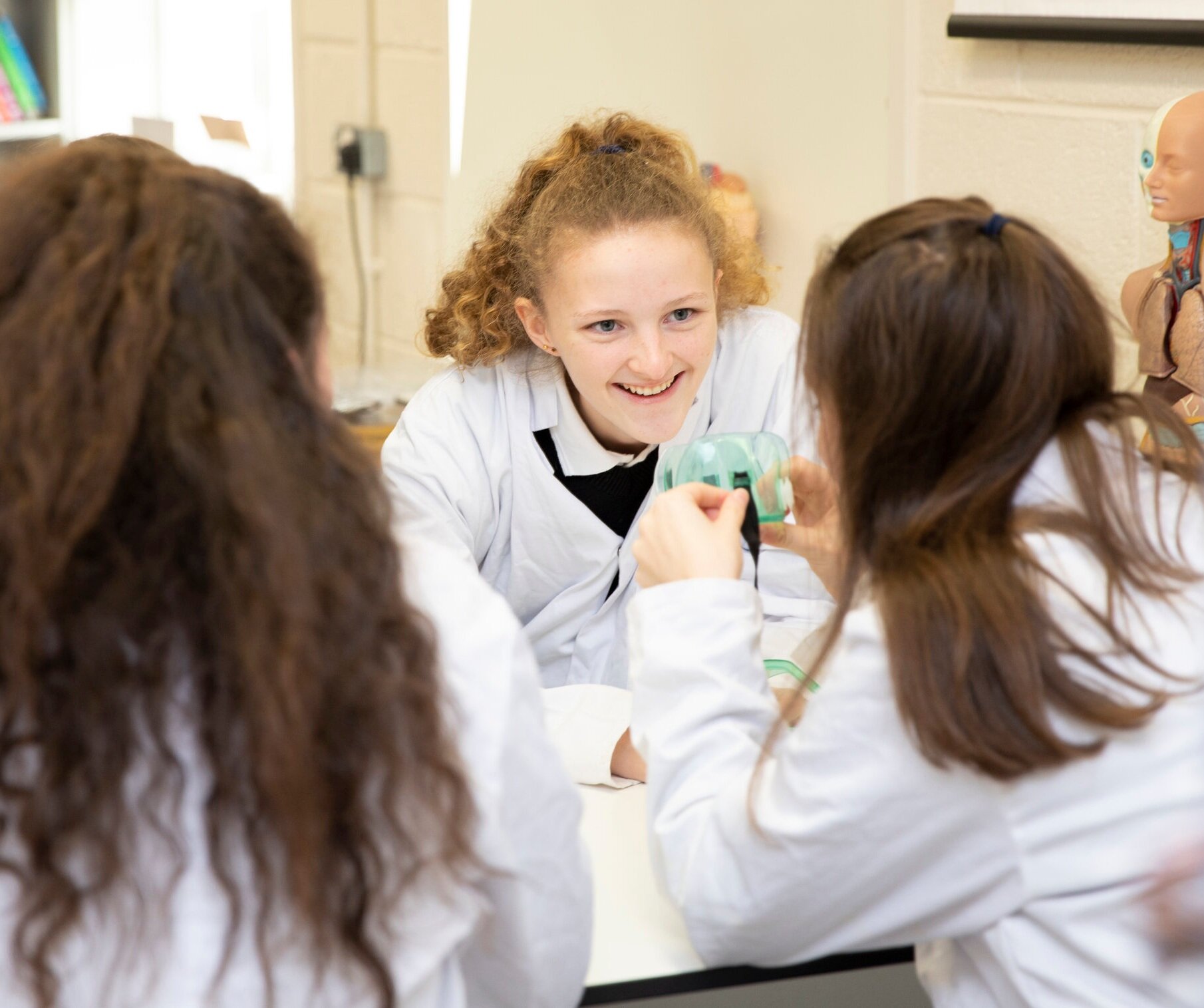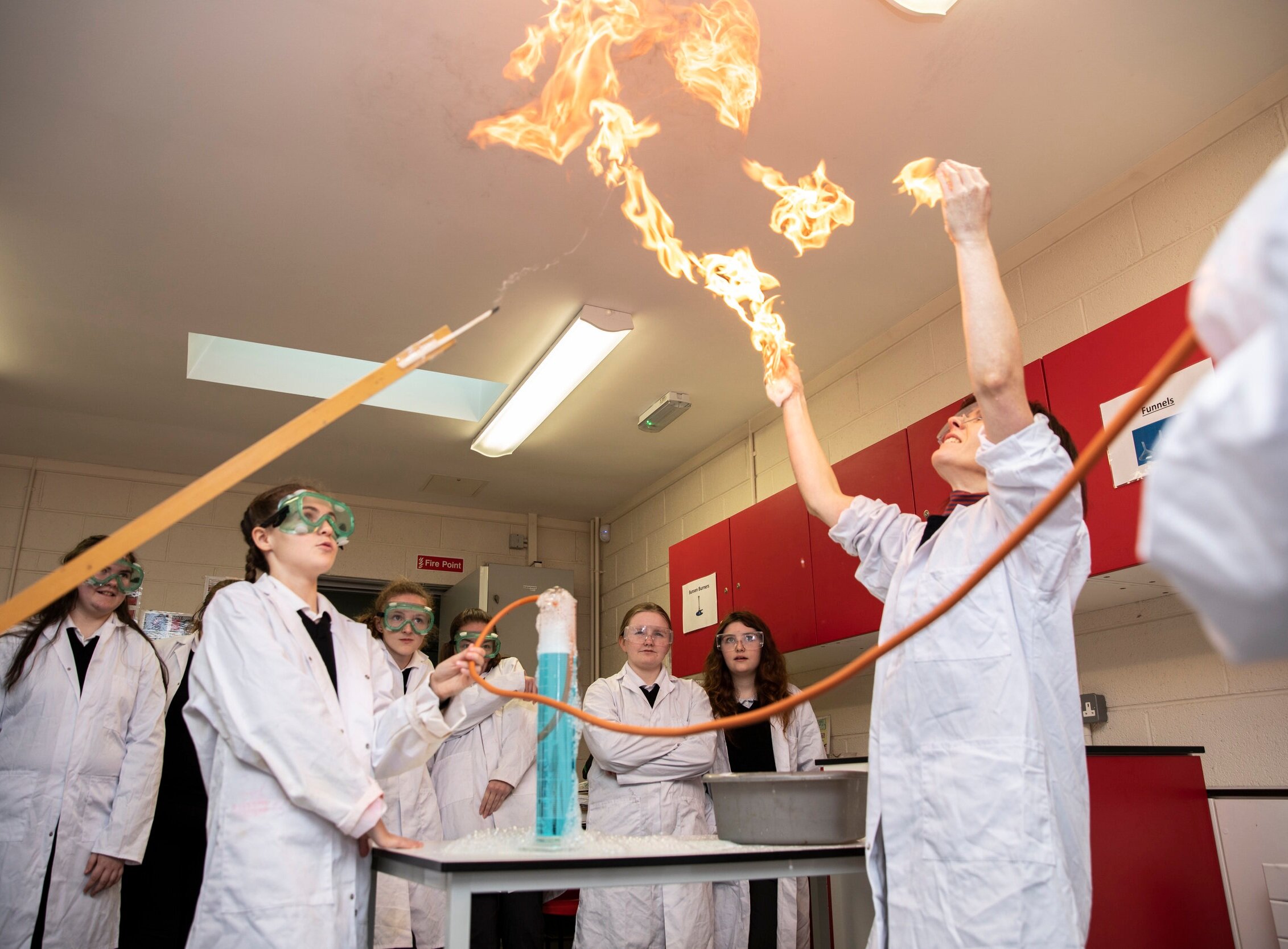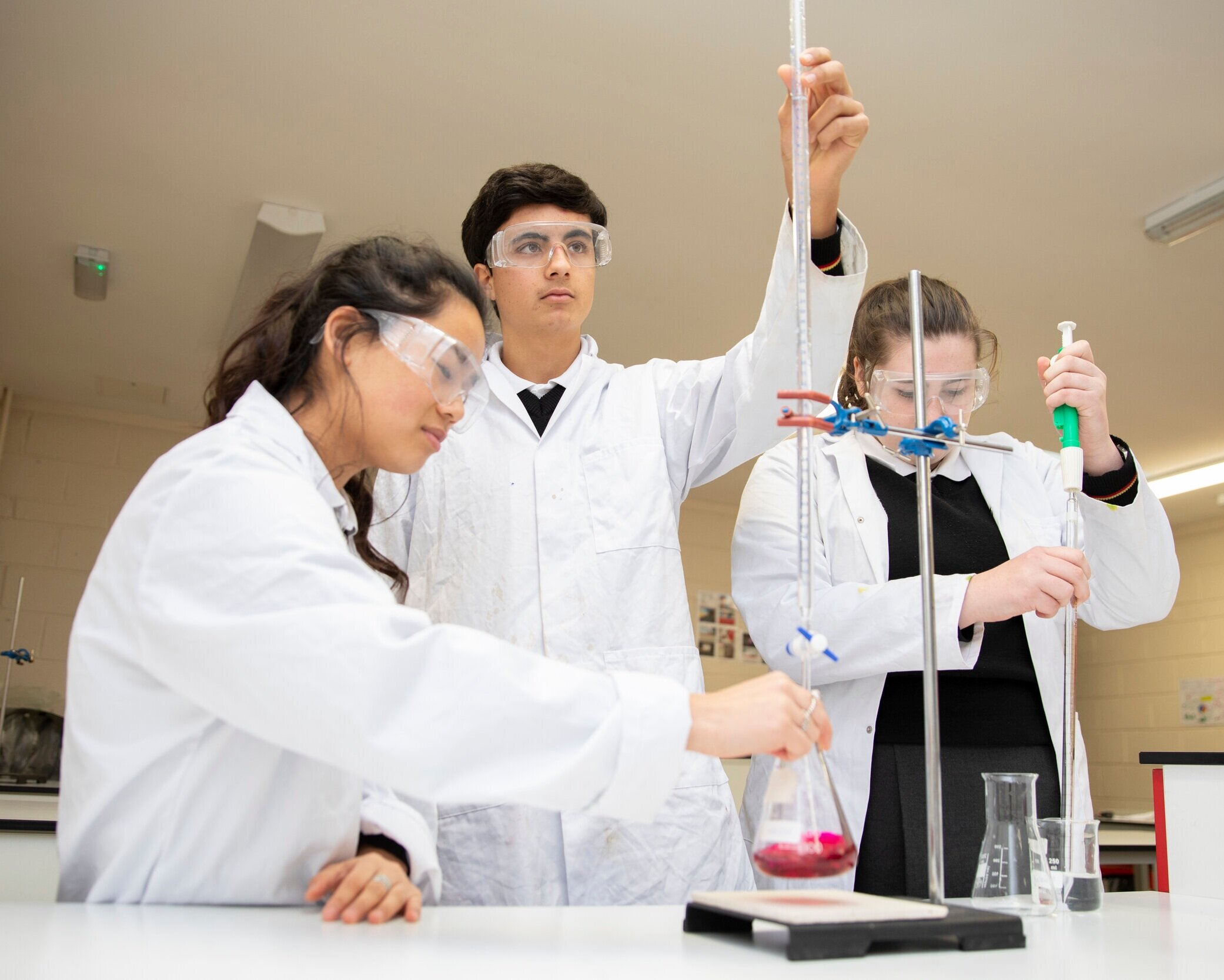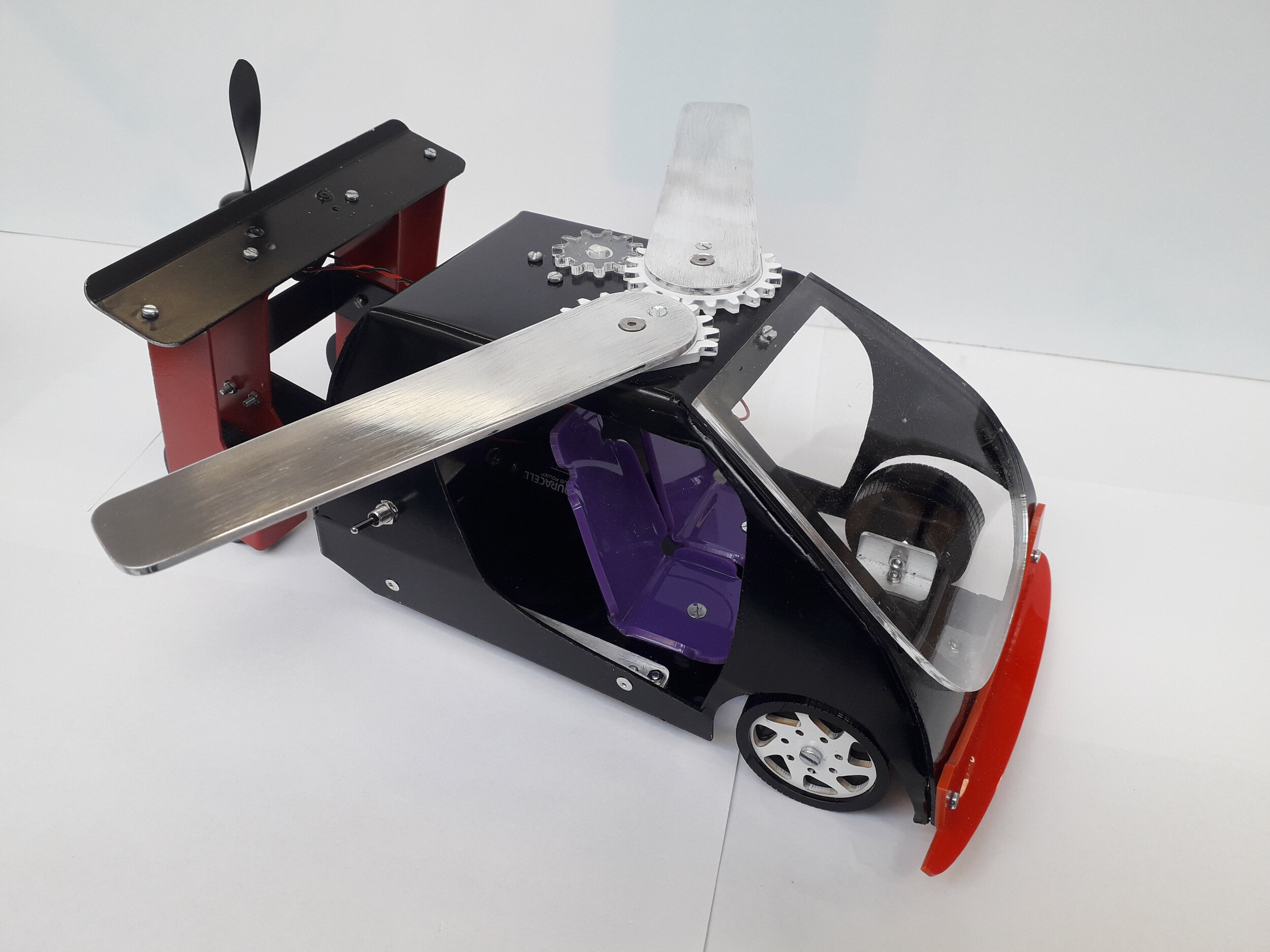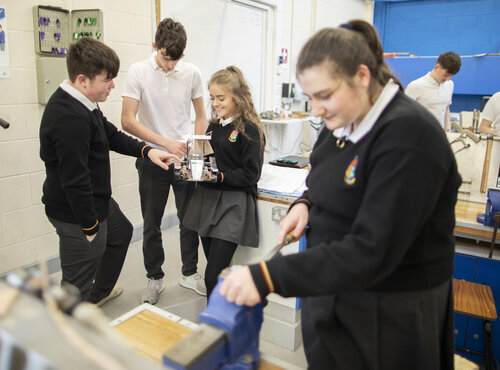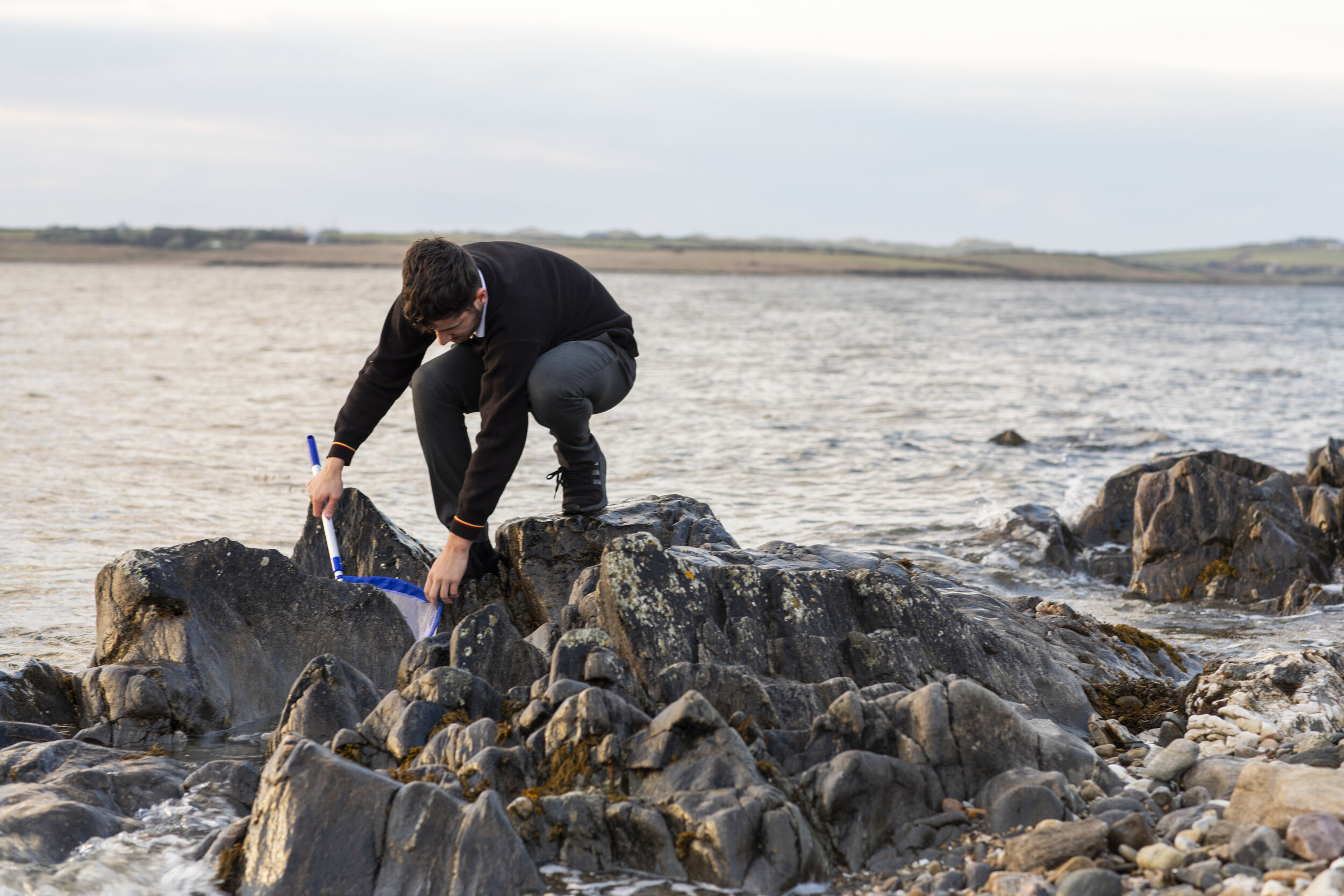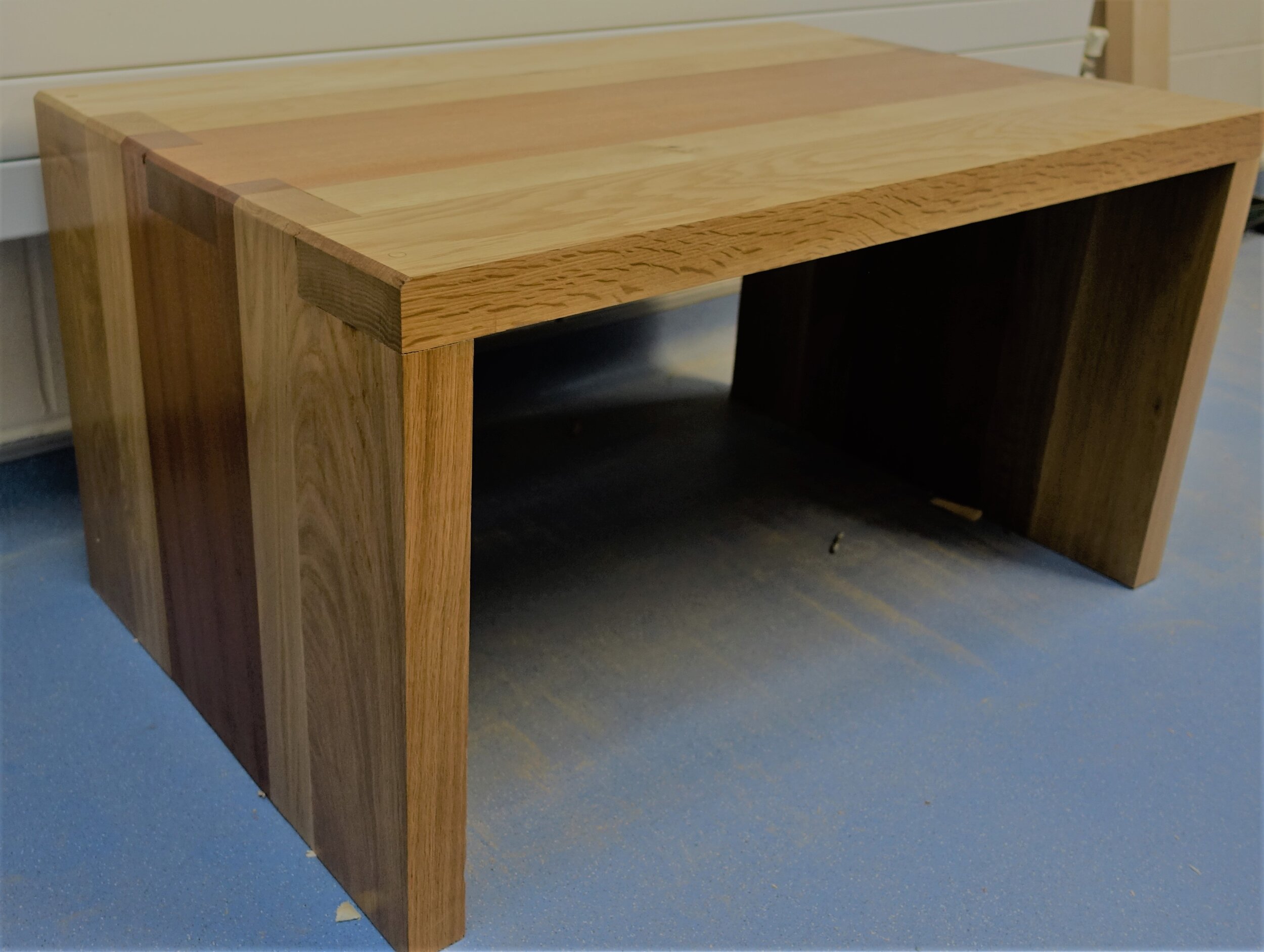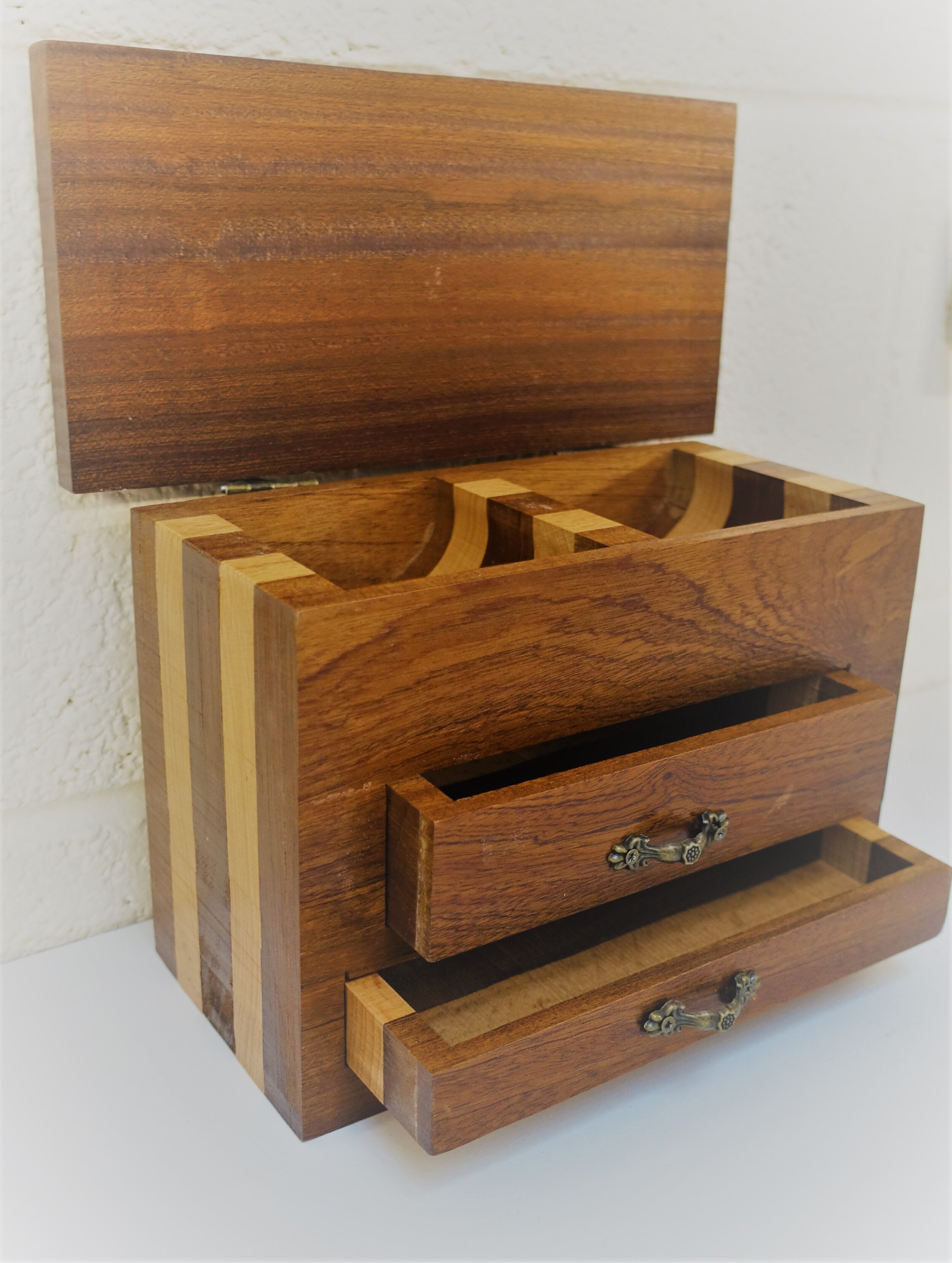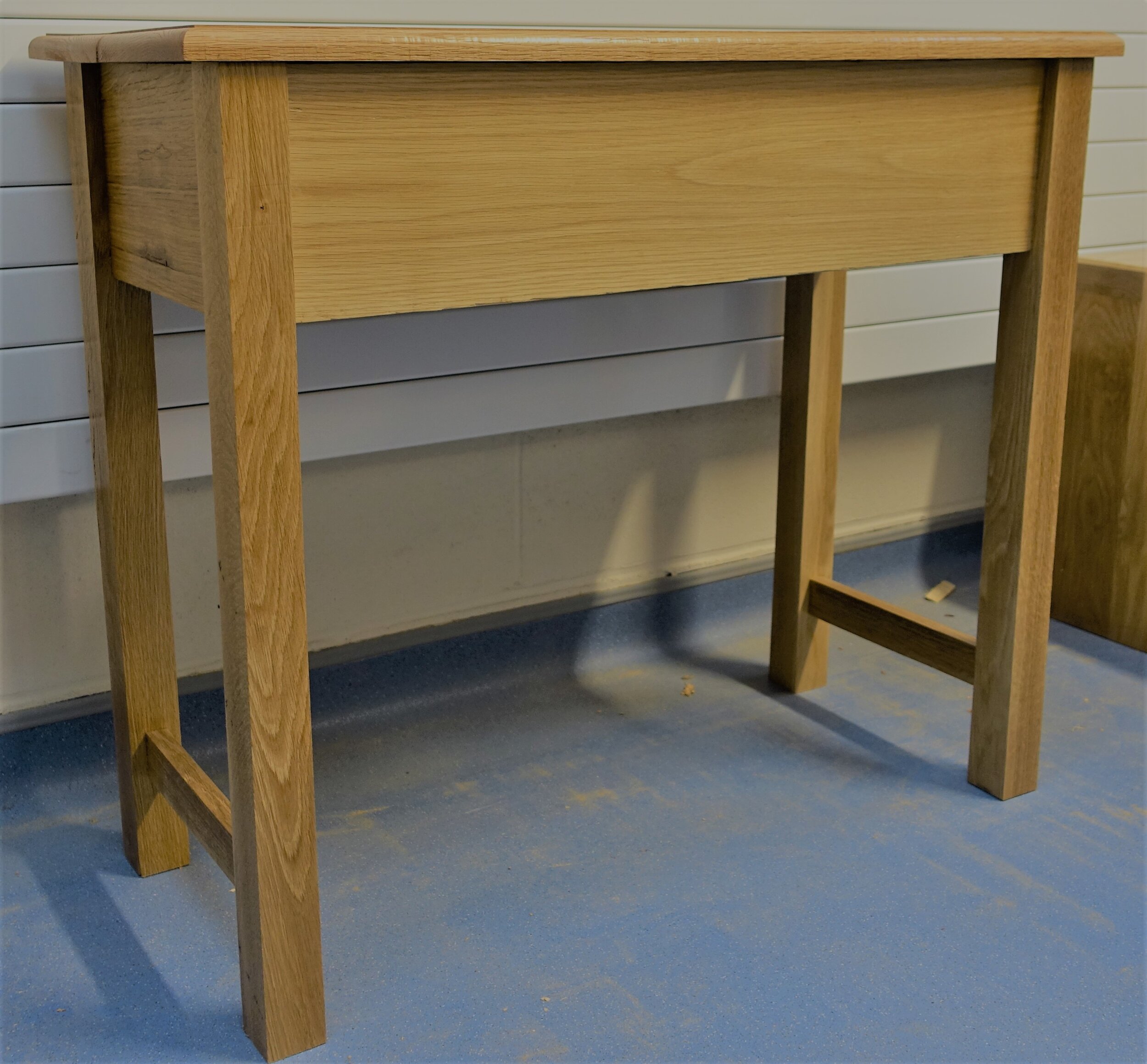English
Almost all universities, colleges and employers require a pass in Ordinary level English though some will accept Irish instead (e.g. the Institutes of Technology and DCU). HC in English is essential for a small number of courses like Journalism, Communications, Creative Digital Media and Speech Therapy.
USEFUL FOR—
Acting, Advertising, Accountant, Broadcasting, Civil Servant, Librarian, Marketing,Personnel Officer, Politician, Public Relations Officer, Solicitor, Barrister, Speech Therapist, Teacher,Receptionist, Typist, Computer Programmer, Flight Attendant, Printer, Copy Writer, Proof Reader, Sales Representative, Translator, Interpreter, Secretary.


